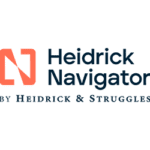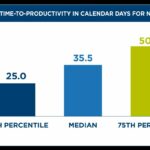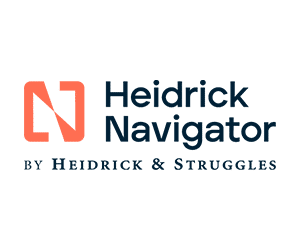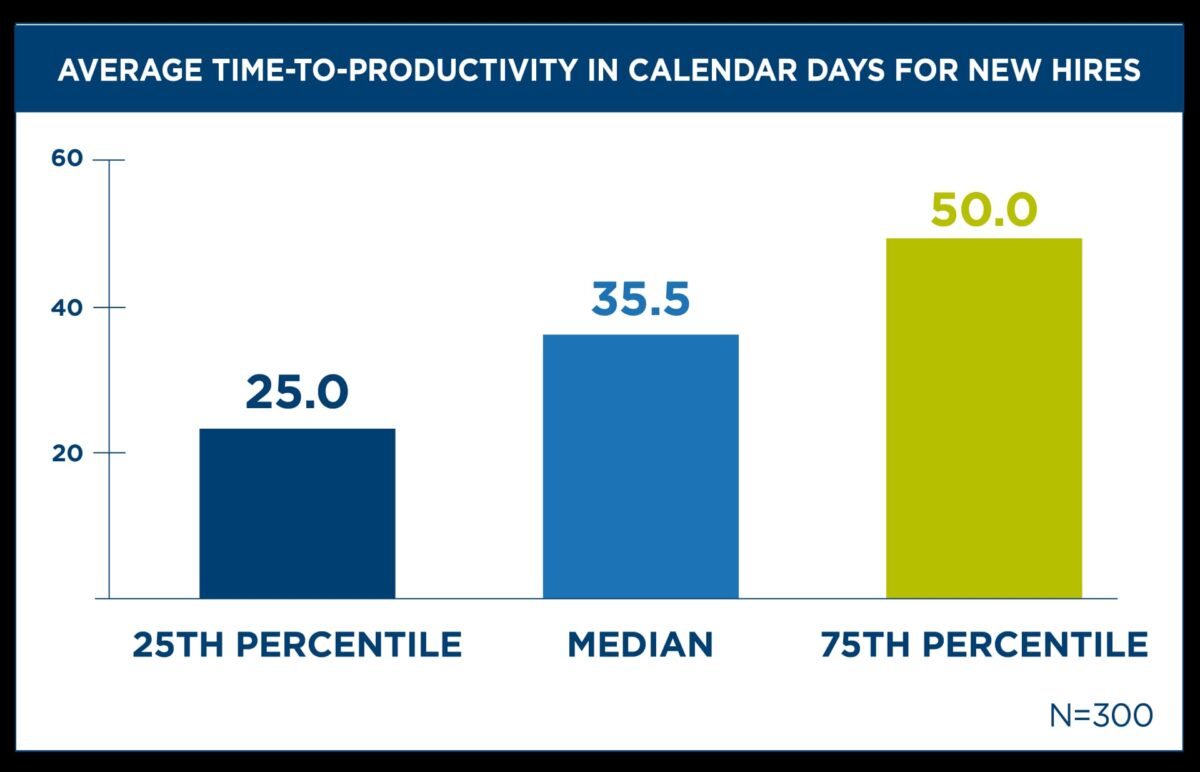Many organizations are implementing new AI-driven recruiting technology this year, either as a new build or as an element of current systems. Three-quarters of HR leaders, according to a Gartner survey, believe that failing to adopt and integrate AI solutions within the next 12 to 24 months will put their company behind in terms of organizational success compared to those that embrace AI.
As nearly all enterprise tech systems include some element of artificial intelligence—with more features and new vendors hitting the scene regularly—HR leaders must ramp up related communication with all stakeholders, from the C-suite to the front line.
For many HR teams, these implementations will be among the first AI systems they introduce to their workforce. But where to start?
Matt Jones is the U.K.-based chief product officer at Cielo, a provider of an AI-enabled recruiting platform that allows candidates to view a recruiter’s profile and rating before scheduling a conversation.

Jones has a handle on how generative AI can support the talent acquisition needs of global HR executives. He says AI delivers the most value when organizations focus on the quality of the data that will feed their AI-enabled platforms.
For many HR practitioners, this responsibility will be shared with IT or other departments, but Jones advises CHROs to also integrate individuals with expertise in data and AI into their HR teams.
HR’s role in AI implementation
Many organizations are doing just that by adding people analytics professionals to their company rosters. In fact, as of the end of January 2024, workforce analytics firm One Model reported more than 500 open roles in the people analytics field, including positions at the director, manager and individual contributor levels.
Many CHROs are tasked with proposing HR tech investments to their colleagues on the leadership team. Asha Palmer, SVP of compliance at the corporate digital learning platform Skillsoft, says that HR leaders should be prepared to communicate suggested AI use cases alongside the risks and opportunities of the new technology. They should also have a sense of what controls are available to mitigate risk, as well as new processes and policies that will be needed.
Related: Why AI is ‘top of mind’ as ethics leaders gather in Paris

Palmer suggests finding ways to share the rationale behind AI use cases and articulate the benefits to all stakeholders, including customers, employees and the organization. By doing so, HR leaders can mitigate stakeholders’ anxiety regarding the responsible application of AI tools and advocate for a positive experience.
Given AI’s potential to profoundly influence human experiences, it’s imperative to communicate the expected impact on business value, particularly in terms of customer retention and employee engagement, says Jones. Additionally, HR should promote and drive the responsible use of AI by contributing expertise on what constitutes ethical use of this technology, he says.
Jones believes HR teams can act as “shapers” to ensure that AI becomes an integrated part of the workforce and contributes to business cases and impact factors like cost, efficiency, quality and human engagement. He says this functionality will embed the HR role as an “enabler rather than a blocker” within the workforce.
The post How HR leaders can shape AI-based HR tech implementations appeared first on HR Executive.








